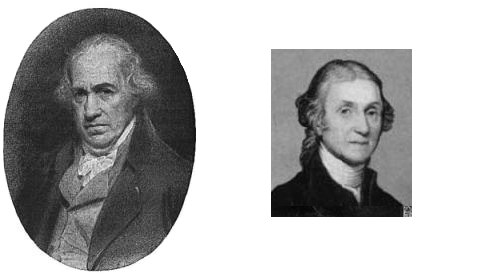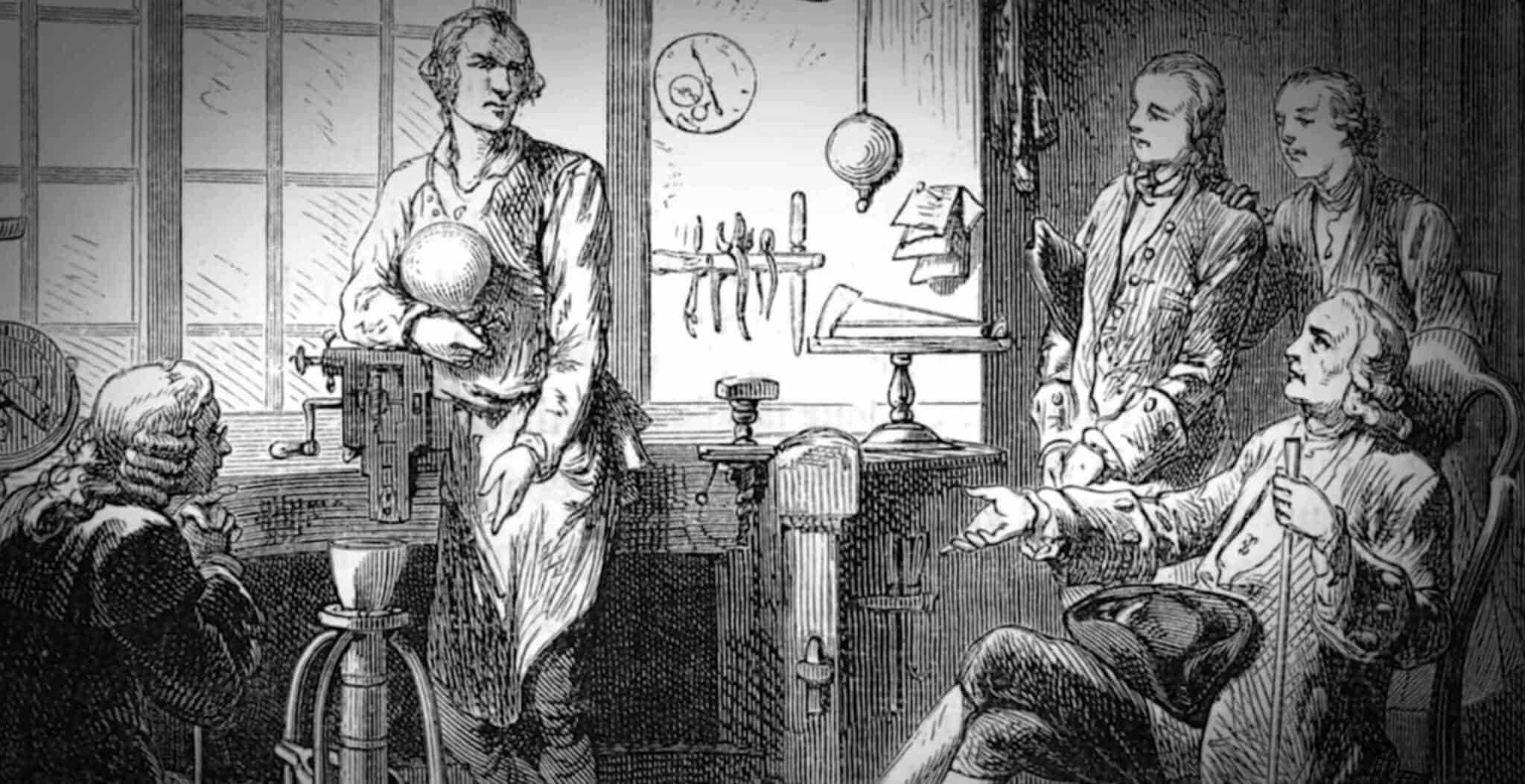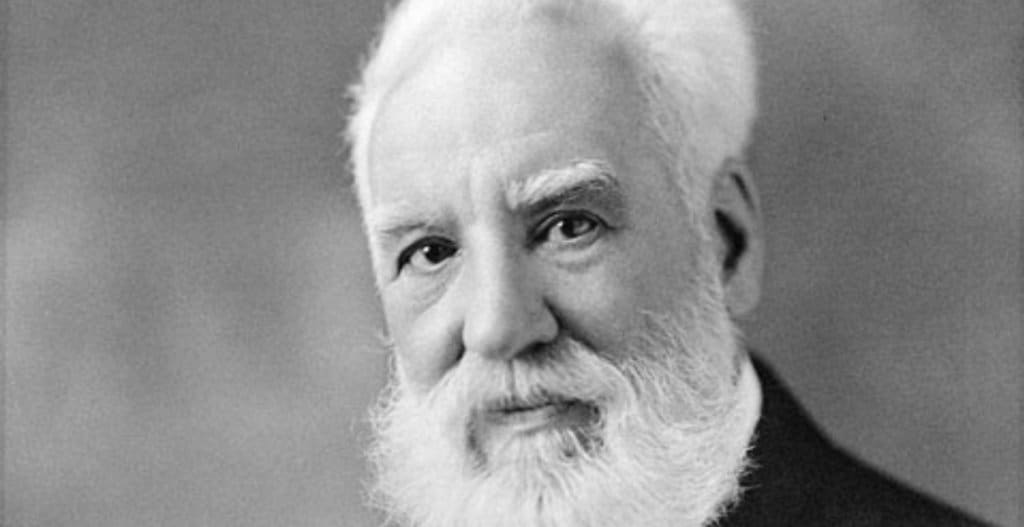The 18th century was a time of change and revolution across the world. Intellectuals and ordinary men alike would gather to discuss anything and everything, from the social order problems of the day, to the latest scientific advances, and the intertwining political and philosophical issues. Clubs were formed in order to allow members the pleasure of enjoying the finest food and wine whilst debating these issues with other like-minded individuals.
The Lunar Society, or Lunar Circle as it was first called, was one such club. It met in and around Birmingham, England between 1765 and 1813. It was the members of this club however, that would set it apart from any other. They cheerfully referred to themselves as the ‘lunatics’, but this could not have been much further from the truth, as the revolutionaries involved would change the face of the world forever.
The Lunar Society was very particular about who was allowed to become a member. An exclusive club, it never had more than fourteen core members, and each member was noted for their special area of expertise including the greatest engineers, scientists and thinkers of the day. Their preferred venue was Soho House in Handsworth, the home of Mathew Boulton who was the heart of the Lunar Society. The society gained its name as its monthly meetings were always scheduled for the Monday nearest to the full moon, the better light helping to ensure the members a safer journey home along the dangerous, unlit streets.
The ranks of the dozen or so regular members of the Lunar Society were often swelled by visits and correspondents from more peripheral members including the likes of Thomas Jefferson, Benjamin Franklin, Sir Richard Arkwright, Thomas Bedoes, Anna Seward, John Smeaton, etc.
The historian Jacob Bronowski wrote of the Lunar Society,
“What ran through it was a simple faith: the good life is more than material decency, but the good life must be based on material decency. ”
But who were these men that would meet every month to discuss how science and technology could be made to serve society for the good of all? The pioneers that together would bring about the ultimate fusion of science and social change that would fuel the fires and ignite the Industrial Revolution:
Mathew Boulton (1728 – 1809), (pictured at the top of the article) of Boulton and Watt. The leading industrialist of his day, he developed modern-day industrial practice and introduced the first workers’ insurance schemes and sick pay.
James Watt (1736 – 1819), of Boulton and Watt, developed the world beating steam engines that provided the power for the new factories that were springing up across the country.
Erasmus Darwin (1731 – 1802), poet, inventor and botanist. He published a theory of evolution 60 years before his grandson Charles. He developed a steering system that was used by Henry Ford and a mechanical copying machine. A visionary, who predicted the use of steam powered propulsion.
Josiah Wedgwood (1730 – 93), the father of English pottery, who was also Charles Darwin’s other grandfather. As an industrialist, he was dedicated to improving everyday life and brought affordable tableware to the masses.
Joseph Priestley (1733 – 1804), the rebellious cleric and scientist, famous for isolating oxygen, discovering carbon dioxide and carbonated (fizzy) drinks.

Photographs above: James Watt (left) and Joseph Priestley (right)
James Keir (1735 – 1820), the chemist responsible for making soap affordable to the great unwashed.
Richards Lovell Edgeworth (1744 – 1817), an inventor who also published books on educational theory.
William Murdoch (1731 – 1802), worked for Boulton and Watt and was the inventor of the gas light. He ended his days living at the court of the Shah of Persia, where he was believed to be an incarnation of Marduk, the ancient god of light.
William Small (1734 – 75), a mathematician, philosopher and mentor of Thomas Jefferson, third President of the United States of America. The Society was shocked when Small died at the early age of 40, he was replaced by …
William Withering (1741 – 99), a doctor and botanist, responsible for discovering the treatment of heart disease with the extract from the foxglove plant, digitalis.



